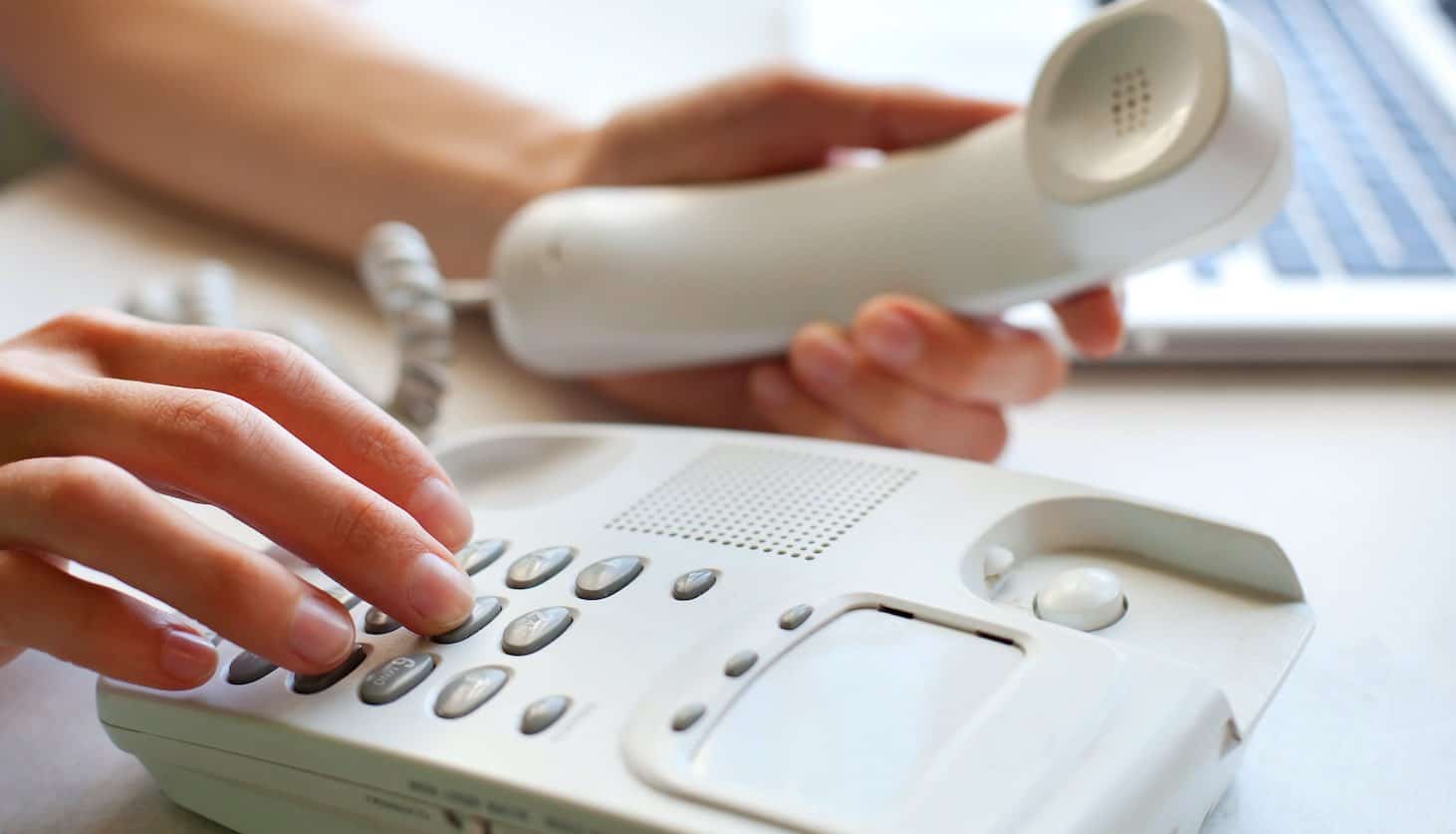“To call or not to call,” is the question patients ask themselves when they are recovering from cosmetic surgery.
Costhetics has the answer: call! Your surgical team is eager to keep you as safe and comfortable as possible. They understand how new and frightening your surgery may to you, even if it is old hat to them.
Call Your Facelift Surgeon If This Happens
The after-effects of a facelift can be difficult to navigate. Patients routinely experience uncomfortable swelling, bruising, and tightness. In some instances, blood may come from drains placed in the incisions. These side-effects can continue for a month or so, and while they are unnerving, they are to be expected. As you enter your second month of recovery, you may experience intermittent residual swelling. Again, this can be concerning, but it’s a normal consequence of your body’s lymphatics work in the background.
The vast majority of facelift patients come through their surgery with flying colours and excellent results. However, if you feel something is amiss during your recovery, call your surgeon right away. Here are some signs that your facelift surgery didn’t go as well as expected:
- Excessive swelling, particularly on just one side of your face
- Severe pain that cannot be managed with medication
- Pain that increases after 2 days post-procedure
- Increased bleeding that soaks through the dressing
- Pus-like discharge from the incisions
- Temperature of 37 degrees or higher
- Stitches or a drain tube that dislodge before they are scheduled to be removed
Signs You Need to Get in Touch with Your Tummy Tuck Surgeon
Abdominoplasty surgery, known as a tummy tuck, seeks to remove excess skin and fat from the abdomen to create a smoother and more toned look. It’s considered a safe, but complex procedure with after-effects including discomfort, numbness, and limited mobility. The recovery time is extensive, with some after-effects taking as much as 3 to 6 months to resolve fully.
At any time during your recovery, you should reach out to your surgeon if you notice:
- Bleeding from your suture lines
- Pus or discharge at incision sites
- A very foul odour from the incision areas or naval
- Pain that cannot be managed with medication
- Arm or leg numbness
- Sutures that ‘pop’ open
- Temperature over 37 degrees
- Inability to urinate or defecate
- Dizziness unrelated to pain killers
Contact Your Breast Surgeon If This Happens During Your Recovery
Breast enhancement is always a chart topper in the world of aesthetics. The various procedures for re-contouring the breast have improved exponentially through the years. Still, it’s important to monitor your recovery and alert your surgeon if you experience:
- Fever or chills
- Nausea or vomiting
- Redness
- Swelling
- Pain that increases over time, rather than decreases
- Pain that cannot be managed with medication
- Excessive bleeding or discharge at incision sites
- Implants that feel increasingly hard
- Swelling in your legs, feet, or calves
- Shortness of breath
You are the first line of defence against post-surgical complications that can turn deadly. Even if an after-effect you’re experiencing is normal and expected, you should not hesitate to call your surgeon to voice any concerns and have your fears allayed.
